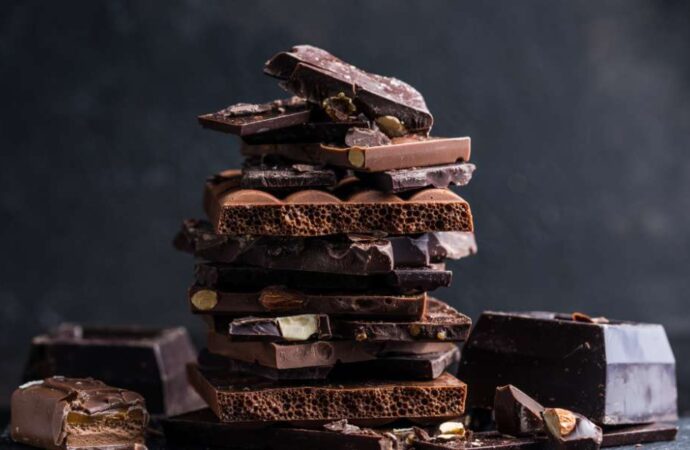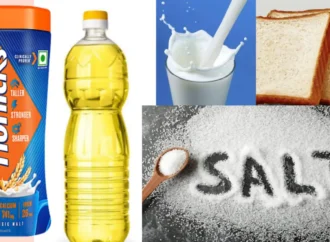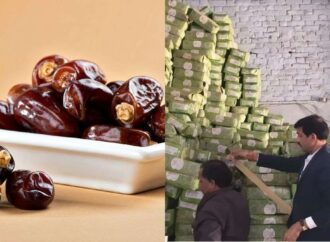Overview
Swiss chocolate maker Lindt & Sprüngli faces legal scrutiny after US-based Consumer Reports filed a class action lawsuit in February 2023 alleging its dark chocolate bars contain high levels of lead and cadmium. The lawsuit, filed in February 2023, also raised similar concerns about chocolate products from other companies, as per media reports. Consumer Reports tested 28 chocolate bars in the US and found one Lindt bar among eight with high cadmium levels and another among ten with high lead levels. However, neither bar ranked as the most contaminated.
Lindt Denies Allegations
Lindt & Sprüngli firmly denied the accusations. The company stated, “Our quality control and safety measures ensure all products meet safety standards and declaration requirements, making them safe for consumption.”
Ghirardelli Bars Recognized as Safer Choices
In a surprising twist, Consumer Reports identified two Lindt chocolate bars, sold under the Ghirardelli brand in the US, as “safer choices” among the tested options. Despite this recognition, consumers pressed ahead with legal action, arguing they paid premium prices for Lindt chocolate, believing it was both high-quality and safe. They also accused Lindt of violating US labeling regulations.
Legal Defense Focuses on “Puffery”
Lindt’s legal team defended its packaging claims, arguing that phrases such as “excellence” and “expertly crafted with the finest ingredients” were examples of “puffery.” Merriam-Webster defines puffery as exaggerated marketing praise, which is not legally actionable. However, the Eastern District of New York district court rejected Lindt’s request to dismiss the lawsuit.
Swiss Media Criticizes Lindt’s Approach
Swiss media outlets reacted with surprise to Lindt’s legal defence, given Switzerland’s strong reputation for producing high-quality products. NZZ am Sonntag criticized Lindt’s strategy, suggesting it conflicted with the brand’s commitment to quality.
Lindt Clarifies Its Legal Argument
Lindt explained that its courtroom argument aimed to demonstrate that the disputed advertising claims were too subjective to prove false advertising. The company emphasized that this position did not acknowledge a lapse in product quality.
Source: Hindustan Times
 Food Manifest
Food Manifest 


















